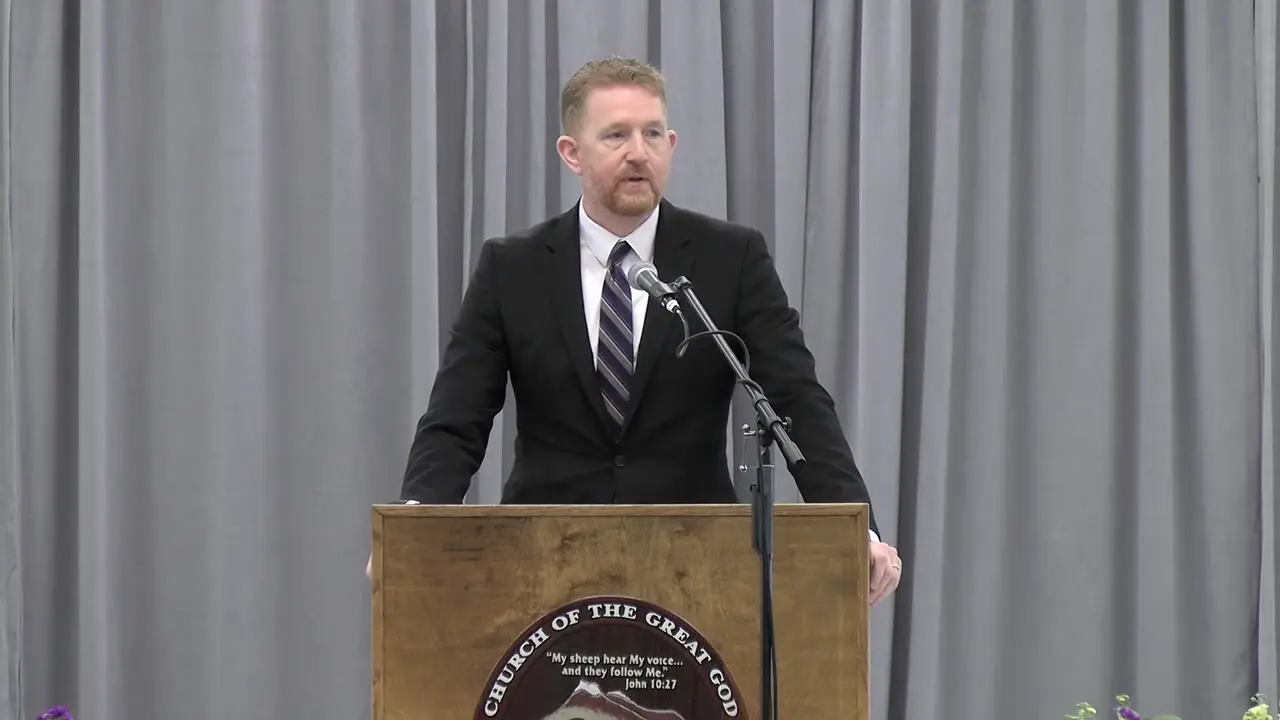Filter by Categories
Conditions for Blessings
Sermonette by Martin G. CollinsWhen people test God's promises, they come to appreciate the blessings which follow obedience to His laws. Most of the blessings we receive today are spiritual.

The Feasts of Tabernacles and Unleavened Bread
Feast of Tabernacles Sermon by David C. GrabbeIn this message, we learn the divine wisdom and unity within Almighty God's festivals (Leviticus 23) showing how each feast reveals His character, plan, and purpose for humankind. The speaker, using the method of comparison and contrast, exposes a chiastic structure or mirrored design connecting the spring and fall festivals, particularly Unleavened Bread and Tabernacles, both centering on deliverance, dwelling, and dependence on God, forming a complete picture of salvation through Christ. The pattern of one day followed by seven (Passover/Unleavened Bread) and seven days followed by one (Tabernacles/Last Great Day) symbolized the perfection and symmetry of His redemptive plan. Unleavened Bread focuses upon cleansing, sincerity, and feeding on Christ, the Bread of Life. Consequently, when we remove food from our dwellings, we purify every sphere of authority under God, thereby building a stable spiritual house upon Christ. Tabernacles, in contrast, emphasizes impermanence and humility, dwelling in temporary booths, reminding us of our dependence on God's daily provision in the wilderness. Together the permanence of houses and the transience of booths teach us that true security lies not in possessions or comfort but in Almighty God's sustaining presence. The physical symbols of food and dwelling illustrate some divine paradoxes. During Unleavened Bread, food lacks leaven—self-sufficiency and sin—but during Tabernacles, housing lacks permanence—worldly security and control. Through abundance and lack, permanence and transience, God's people learn to dwell in His presence, feed on His Word, and trust His timing.
Wilderness Wanderings (Part Two)
Sermon by John W. RitenbaughThe spiritual journey of God's people is more difficult than the physical one of the ancient Israelites, requiring as it does more resources to navigate.